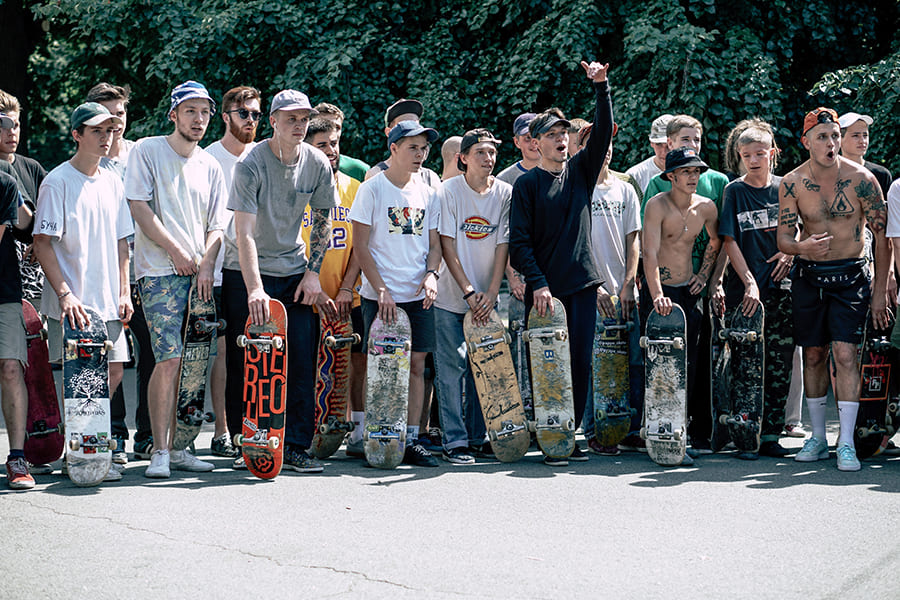
At this year’s annual meet-up of American economists, Thomas Kemp, an economist from the University of Wisconsin–Eau Claire, talked about his work, “The Skateboarding Ethic and the Spirit of Anti-Capitalism.”
The title gives a nod to Max Weber’s classic “The Protestant Ethic and the Spirit of Capitalism,” but Kemp zeroed in on the unique values of skateboarding and how they clash with capitalist ideas.
Kemp, who has been researching about skateboarding, initially shied away from studying it because of academic pressures.
But he eventually embraced it and started publishing studies on skateparks and their value to communities.
For instance, his research on Lauridsen Skatepark in Des Moines found that its annual benefits for users could be around $488,000, making a strong case for why we need more good public skateparks.
He believes that skateboarding, much like the street game of baseball, pushes against commercial spaces, which often try to limit it to skateparks.

But unlike baseball, skateboarding is really tied to street culture. While capitalism has helped it grow through innovation and marketing, the sport stands for something different - values like resilience, self-improvement, and community over competition.
"The drive towards creating skateparks appears to me to be on a similar trajectory to what we saw with stickball into baseball," he says. "That said, we're now 50-plus years into skateboarding history, and so far, skateboarding seems to be relatively immune from that institutionalization. It's just as common to see kids skateboarding out in the streets as it is in a skatepark, perhaps even more so."

In a world where making money often comes before well-being, Kemp suggests that skateboarding could show us how to be more creative, persistent, and connected.
Presenting in San Francisco, a famous skateboarding spot, he was hoping to sneak in a skate session between his academic discussions.
You can read the whole chat with NPR here.
